In the dynamic world of logistics and warehouse management, forklifts stand out as indispensable tools for moving heavy loads efficiently. However, not every business is in a position to invest in owning these machines outright. This is where forklift rental agreements come into play, offering flexibility and cost-effectiveness. Nevertheless, navigating through the terms and conditions of these agreements can be daunting. This comprehensive guide aims to demystify the complex language and clauses, ensuring businesses can make informed decisions when entering into forklift rental contracts.
Liability and Insurance: Safeguarding Your Interests
A pivotal aspect of any forklift rental agreement is understanding the allocation of liability and the requisite insurance policies. It is essential to discern who is responsible for damages or accidents involving the rented forklift. Typically, the lessee (the party renting the forklift) is liable for any damage that occurs during the rental period, barring normal wear and tear.
Insurance is another critical factor. Most rental companies require the lessee to carry general liability, property damage, and casualty insurance, which should also cover the forklift under rental. Clarifying these requirements upfront can prevent potential financial pitfalls in the event of an unforeseen incident.
Maintenance and Repairs: Responsibilities and Expectations
Maintenance and repairs are inevitable in the lifespan of a forklift. Rental agreements usually outline the obligations of both parties in maintaining the equipment. Generally, the rental company is responsible for regular maintenance and repairs due to normal operation wear. However, if damage results from misuse, negligence, or modification by the lessee, they may be held accountable for repair costs. It’s crucial to understand these provisions to avoid unexpected expenses.
Duration and Termination: Flexibility and Constraints
The term of the rental agreement and the conditions under which it can be terminated are essential for planning and operational flexibility. Rental periods can vary significantly, from short-term (daily or weekly) to long-term (monthly or annually) rentals. Understanding the termination clause is equally important, as it outlines the process and potential penalties for ending the agreement prematurely. This knowledge is vital for aligning the rental with your project timelines and budgetary constraints.
Payment Terms: Understanding Costs and Penalties
Payment terms, including rental rates, deposits, and any late fees, are a cornerstone of the rental agreement. These terms not only affect the overall cost but also the financial management of the rental. It’s important to review these details thoroughly to ensure there are no hidden fees or unexpected charges. Additionally, understanding the payment schedule helps in budget planning and avoids penalties associated with late payments.
Safety and Training: Ensuring Proper Use
Safety cannot be overstated when it comes to operating heavy machinery like forklifts. Many rental agreements stipulate the need for operator training and certification. Ensuring your operators are adequately trained not only complies with these terms but also reduces the risk of accidents, enhancing workplace safety.
Navigating through the terms and conditions of forklift rental agreements requires attention to detail and a clear understanding of your business needs. By focusing on key aspects such as liability, insurance, maintenance, duration, payment, and safety, businesses can secure a rental agreement that provides value while minimizing potential risks. Remember, the goal is not just to rent a forklift but to ensure that the agreement supports your operational objectives efficiently and cost-effectively.
Forklift rentals offer a strategic advantage by providing flexibility and scalability to meet varying operational demands. However, the benefits can only be fully realized when the rental agreement is understood and managed properly. It’s advisable to consult with legal or industry professionals if any aspects of the agreement are unclear, ensuring that your interests are protected.


